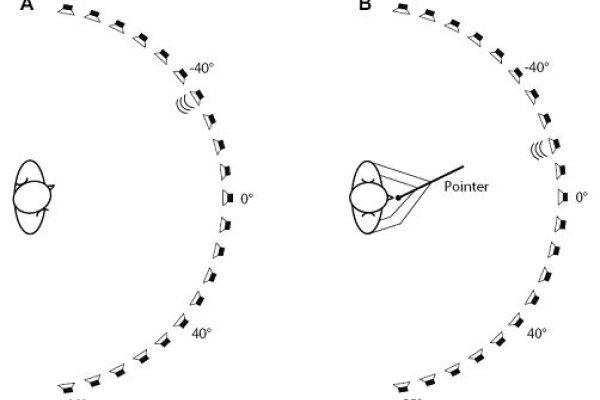2009-09-27

Several studies have shown that handedness has an impact on visual spatial abilities. However, the relationship of handedness and spatial processing in the auditory modality has remained largely unclear. To investigate this relationship, scientist from Durham University (England), the Ifado in Dortmund and the Ruhr-University of Bochum assessed auditory space perception in left- and right-handers in a dark, anechoic, and sound-proof room. Interestingly, participants showed a bias in sound localization that was to the side contralateral to the preferred hand. This partially parallels findings in the visual modality as left-handers typically have a more rightward bias in visual line bisection compared with right-handers. Despite the differences in neural processing of auditory and visual spatial information these findings show similar effects of lateral preference on auditory and visual spatial perception. This suggests that supramodal neural processes are involved in the mechanisms generating laterality in space perception.

Several studies have shown that handedness has an impact on visual spatial abilities. However, the relationship of handedness and spatial processing in the auditory modality has remained largely unclear. To investigate this relationship, scientist from Durham University (England), the Ifado in Dortmund and the Ruhr-University of Bochum assessed auditory space perception in left- and right-handers in a dark, anechoic, and sound-proof room. Interestingly, participants showed a bias in sound localization that was to the side contralateral to the preferred hand. This partially parallels findings in the visual modality as left-handers typically have a more rightward bias in visual line bisection compared with right-handers. Despite the differences in neural processing of auditory and visual spatial information these findings show similar effects of lateral preference on auditory and visual spatial perception. This suggests that supramodal neural processes are involved in the mechanisms generating laterality in space perception.